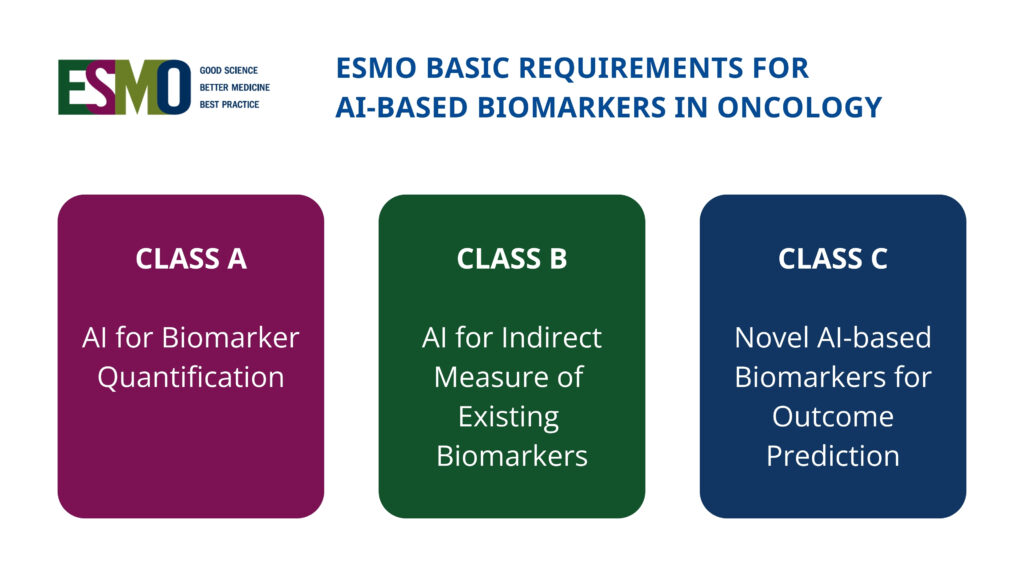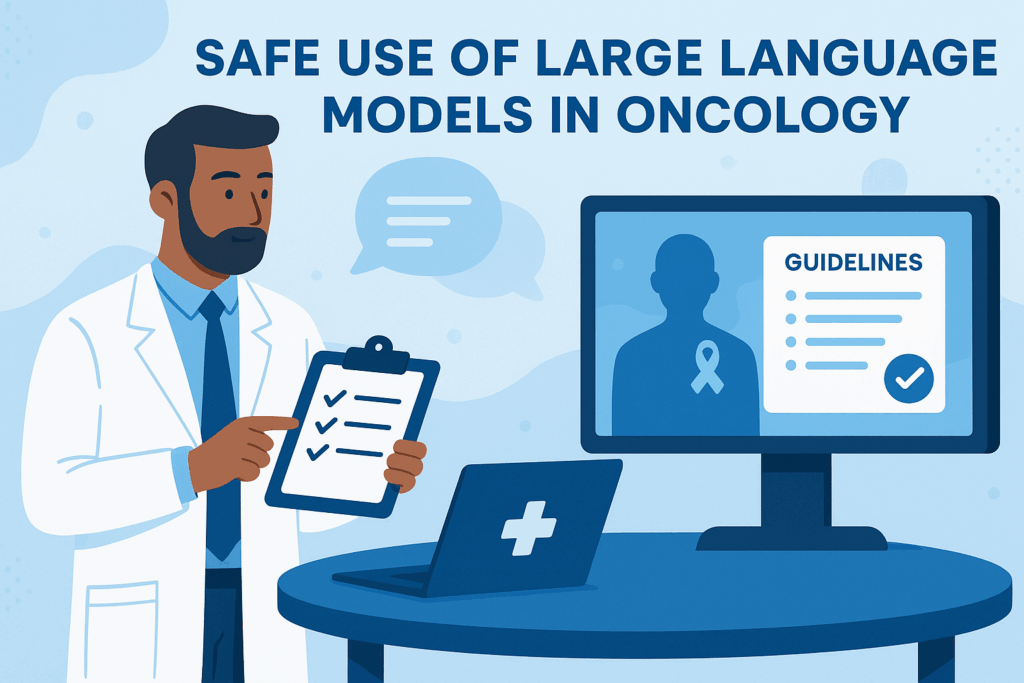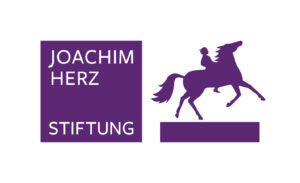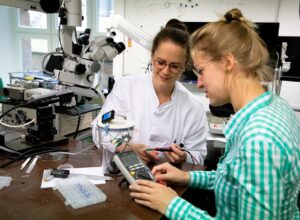Virtual companions, real responsibility
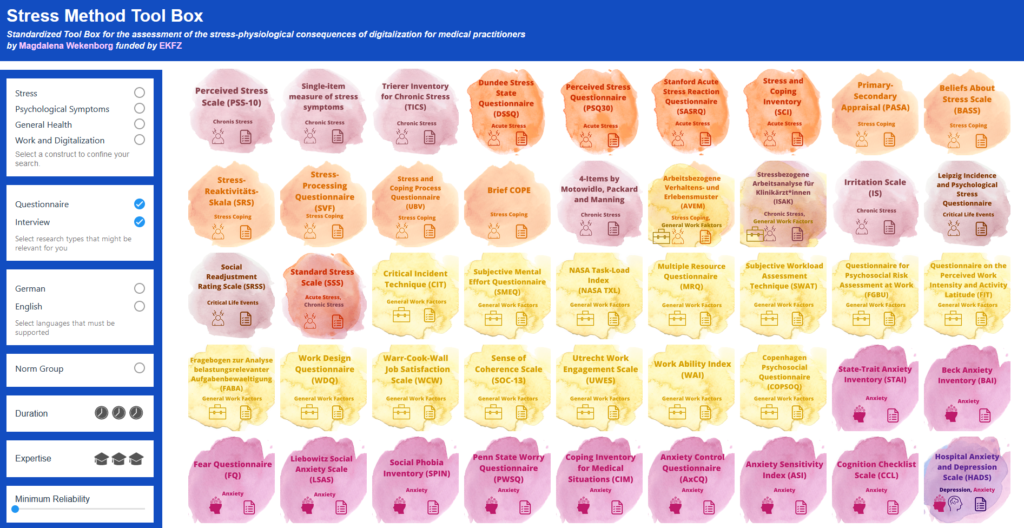
Physicians additionally stressed by digitization processes
Digitization processes in medicine range from new diagnostic possibilities to newly developed surgical tools that function differently than previous ones. Studies show that many physicians tend to perceive digital transformation as increasing stress. This is particularly alarming, as they are already disproportionately affected by chronic work stress and its consequences, such as burnout or cardiovascular disease. In addition, people who feel stressed by digital transformations are often less likely to use them. Digitization-associated stress thus jeopardizes the success of transformation processes.
Stress-Method-Toolbox closes research gap
Digital transformation in everyday clinical work can increase the potential for stress and physical and mental strain. However, the consequences of digital transformation on the stress levels of clinical staff have hardly been systematically studied so far. In addition, the informative value of the few exciting studies is limited due to the lack of standardized and validated methodological instruments. The StreDiMed innovation project aims to close this research gap and has developed a Stress-Method-Toolbox that enables standardized assessment based on scientifically tested pilot data.
Making digital transformation processes more successful with the toolbox
“The toolbox has been developed for user-independent application in field research. The goal is to methodically facilitate studies on stress and digitalization,” explained Dr. Magdalena Wekenborg, Non-Clinical PI of the project. The toolbox is designed to help find out the questionnaire or interview that is best suited to answer the individual research question. It provides an overview of methods already used or established on the impact on physicians’ biopsychological stress levels. “I hope that the toolbox will help to make digitization processes more health-promoting and thus more successful for everyone in the future,” says Wekenborg.
More News
New international framework defines standards for AI-based biomarkers in oncology (EBAI)
New ESMO Guidelines: Safe use of large language models in oncology



